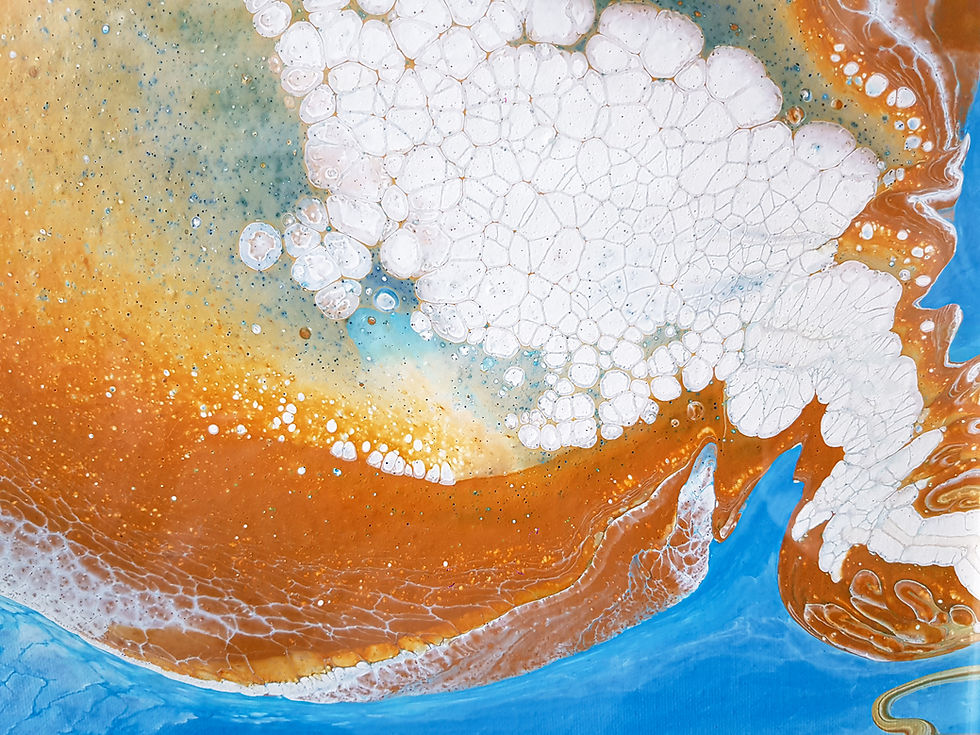ABOUT HAIR LOSS AND DANDRUFF
- Tien Nguyen

- Apr 2
- 2 min read
Updated: Apr 11

FACTS:
Dandruff, hair loss, and the scalp microbiota are closely interconnected. The balance of microorganisms on the scalp—mainly bacteria and fungi—plays a crucial role in scalp health, a dysbiosis (imbalance) of this ecosystem can contribute to both dandruff and hair loss.
The role of scalp microbiota
The scalp has a natural community of microbes, including:
Malassezia fungi – A yeast-like fungus that feeds on scalp oils (sebum). Some species, like Malassezia globosa, produce irritating byproducts that can lead to dandruff.
Bacteria – A mix of beneficial and harmful bacteria. A healthy scalp has a balanced bacterial ecosystem, mainly Cutibacterium acnes (formerly Propionibacterium acnes) and Staphylococcus epidermidis.
An imbalance (dysbiosis) in this microbiota can trigger scalp conditions, leading to dandruff and eventually hair loss.
Dandruff and hair loss connection
Inflammation and scalp irritation: dandruff is often linked to seborrheic dermatitis, an inflammatory scalp condition. Chronic inflammation damages Excess oil (sebum) and microbial growth: An oily scalp creates an environment where Malassezia thrives. This leads to irritation, itching, and excessive shedding of scalp skin—hallmarks of dandruff.
Follicle clogging and miniaturisation: dandruff can cause dead skin buildup, which clogs hair follicles. Over time, this can lead to miniaturisation of hair follicles, a process seen in conditions like androgenetic alopecia (pattern hair loss).
APPLICATION:
An imbalanced scalp microbiota can trigger dandruff, leading to inflammation, follicle damage, and ultimately hair thinning or loss. Keeping the scalp clean, reducing excess oil, and using targeted treatments can help maintain a healthy scalp environment and support hair growth.
Daily hair washing:
Cleansing the scalp daily with a gentle shampoo prevents excessive oil buildup and microbial overgrowth. The use of hair conditioner is highly recommended.
A study published in Skin Appendage Disorders investigated the impact of shampoo frequency on scalp and hair conditions. The results indicated that participants who washed their hair 5–6 times per week reported higher satisfaction with their scalp and hair health. Additionally, a controlled treatment showed that a daily wash regimen was superior to once-per-week cleansing across all evaluated endpoints. Importantly, no detrimental effects on hair were observed with this level of cleansing.
Employ proper drying and towel hygiene: avoid using old towels and washcloths, as they can harbour microbes. Blow-drying hair after washing prevents microbial regrowth.
Antimicrobial lotions/antidandruff shampoos:
Daily use of microbiome friendly lotions and antidandruff shampoos to remove harmful microbes and restore symbiosis with not only help to clear dandruff, scalp irritation but also can restore loss hair.
Avoiding oil-based hair products:
The composition of hair care products can influence the scalp microbiome. Research has shown that certain oils, such as coconut oil, can affect the growth and invasion of scalp microorganisms. While coconut oil has been traditionally used to improve scalp health, its impact on the scalp microbiome varies. Some studies suggest that coconut oil can reduce the growth of certain fungi, while others indicate it may enhance fungal composition associated with dandruff. Therefore, avoiding oil-based products that may promote the growth of pathogens is a prudent approach.
Maintaining healthy scalp and hair requires proper daily hair washing as in 1.
Copyright – bhcmedicalcentre.com.au




Comments